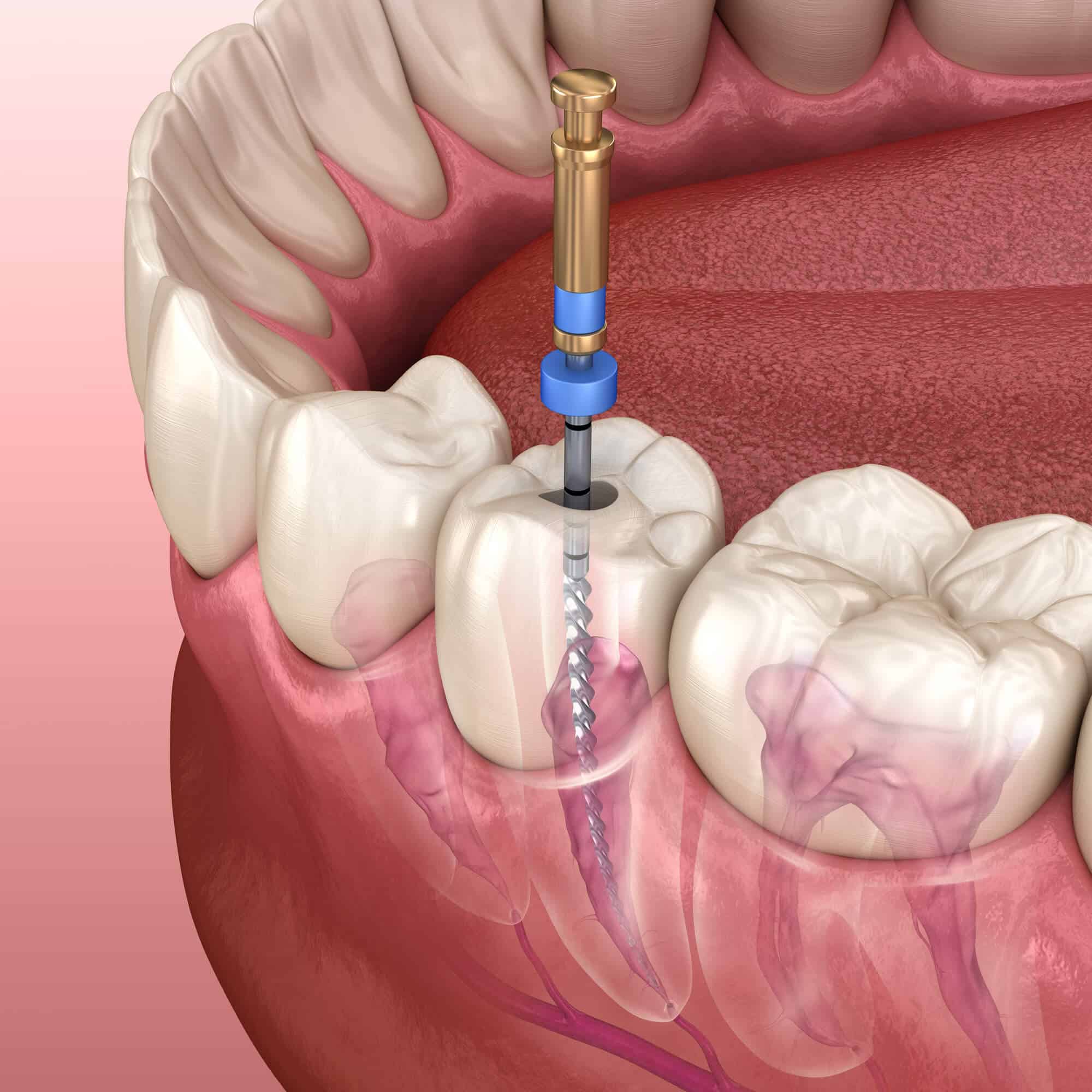You’ve been dealing with that persistent toothache for days, and no matter what you do, it just won’t go away. It’s frustrating, uncomfortable, and has you wondering if something more serious might be at play. Well, you’re not alone. Many people experience toothaches that just won’t quit, and often, these enduring discomforts can be indications that a root canal in Wilmington, NC, is needed to restore your dental health.

Do You Need Root Canal Treatment?
Understanding Root Canal Treatment
A root canal, more formally known as endodontic therapy, is a dental procedure designed to save a severely damaged or infected tooth. It’s often the last line of defense before considering tooth extraction. Here’s what happens during a root canal:
The Root Canal Procedure
- Diagnosis: Your dentist will examine your tooth and take X-rays to determine the extent of the damage or infection. This step is crucial to confirm if a root canal is necessary.
- Anesthesia: Before the procedure begins, your dentist will administer local anesthesia to ensure you’re comfortable and pain-free throughout the process.
- Cleaning and Disinfection: Your dentist will create a small access point in the tooth and remove the infected or damaged pulp—the soft tissue inside your tooth. The canals are then cleaned and disinfected thoroughly.
- Filling: After cleaning, the canals are filled with a biocompatible material, typically a rubber-like substance called gutta-percha. This helps seal the tooth and prevent further infection.
- Restoration: To complete the procedure, your tooth will be restored with a dental crown or filling to protect and strengthen it. This restoration ensures that your tooth functions normally and looks natural.
When to Consider a Root Canal
Now that we understand the basics of a root canal procedure, let’s explore some common indications that it might be time to consider this treatment:
- Lingering Toothache: If you’re experiencing a persistent, throbbing toothache that doesn’t improve with over-the-counter pain relievers, it could be a sign of an infection or damage deep within your tooth.
- Sensitivity to Hot and Cold: Extreme sensitivity to hot or cold temperatures, especially when it lingers after the hot or cold stimulus is removed, can be indicative of a compromised tooth nerve.
- Swelling or Abscess: Swelling around the affected tooth, a pimple-like bump on the gums, or drainage of pus can all point to a dental infection that may require a root canal.
- Darkening or Discoloration: A change in the color of the tooth, often appearing darker or grayish, can be a sign that the nerve inside the tooth is damaged or dead.
- Pain While Chewing: Pain when biting or chewing can suggest an issue within the tooth. If the pain is severe or persists, it’s essential to consult with your dentist.
- Cracked or Damaged Tooth: A tooth with a visible crack or significant damage may require a root canal to address underlying issues and prevent further deterioration.

Do You Need Root Canal in Wilmington, NC?
When that troublesome toothache just won’t go away, it’s essential not to ignore the signs. Seeking timely dental care can make all the difference in preserving your natural tooth and relieving your discomfort.
If you’re experiencing any of these indications for a root canal, don’t hesitate to reach out to your dentist for a thorough evaluation and expert guidance. Root canals, while often feared, are highly effective at saving teeth and restoring your smile’s health.
So, take that first step toward relief and reach out to Mayfaire Family Dentistry today for the personalized care and attention your dental health deserves. Your smile will thank you!

